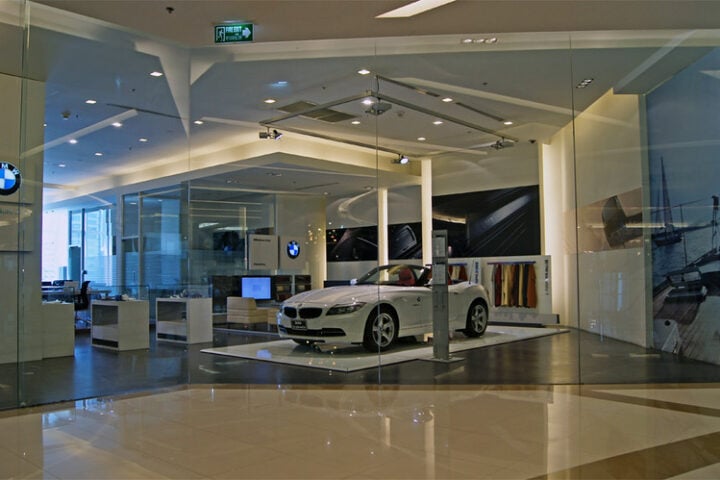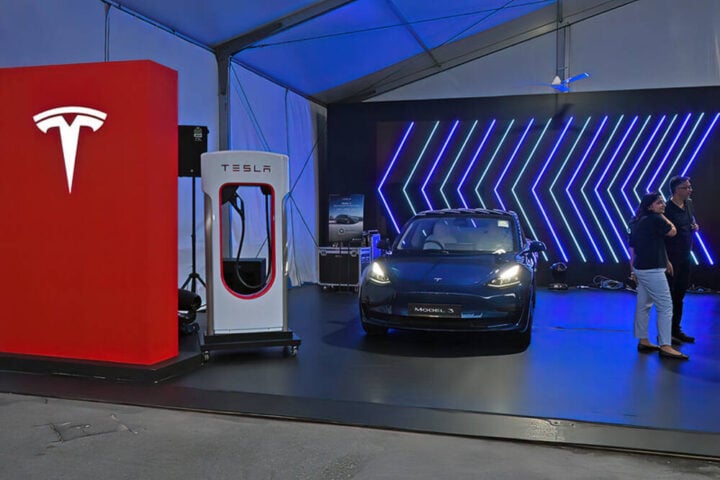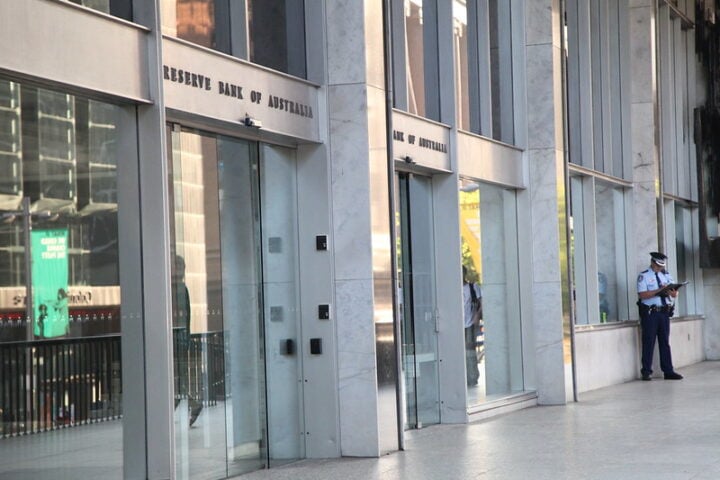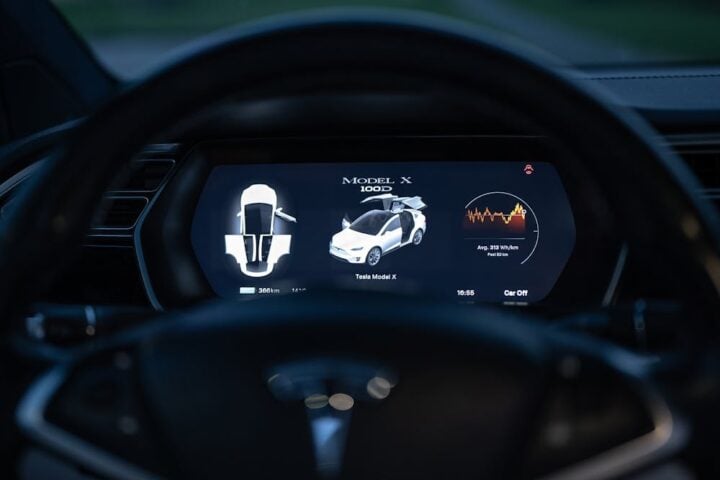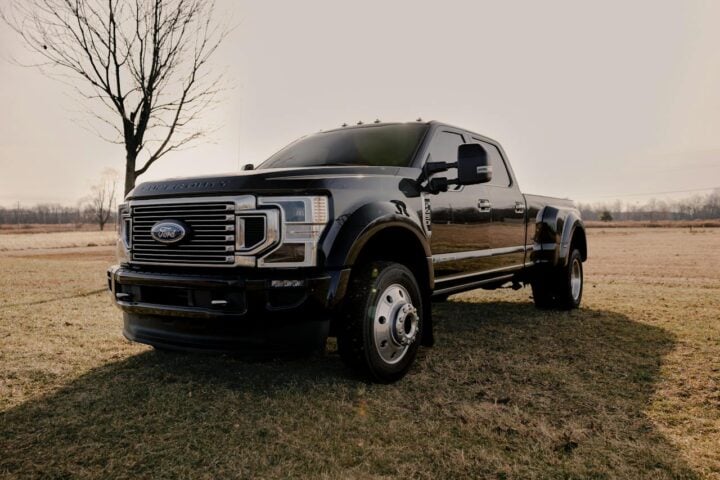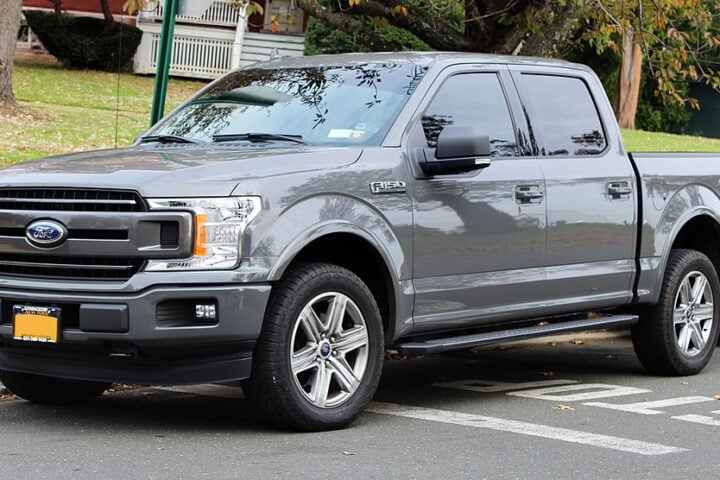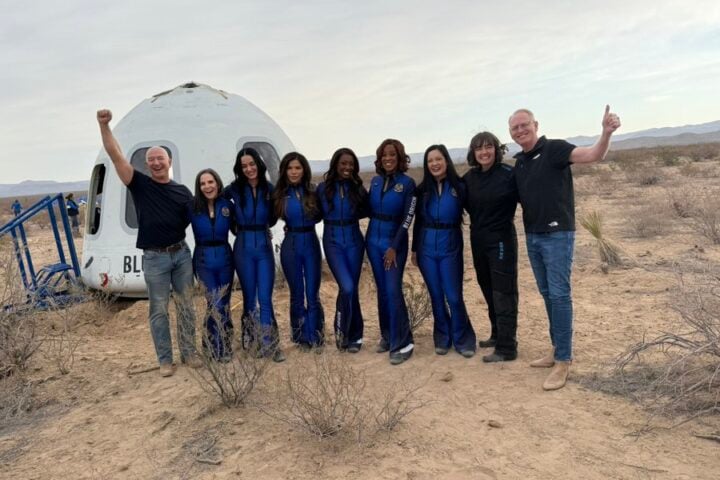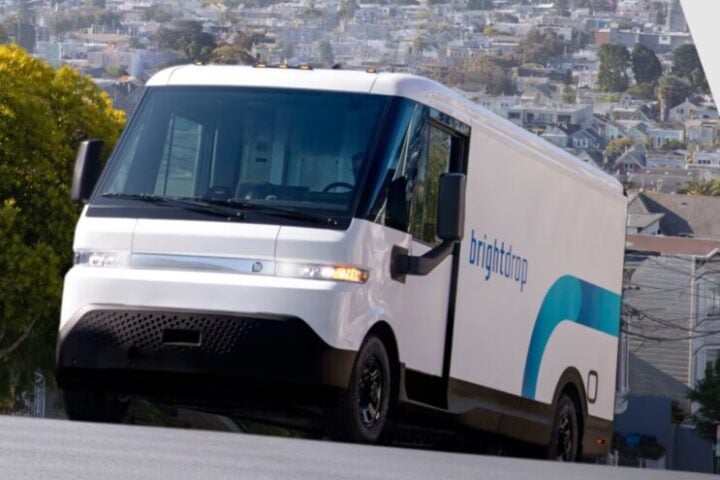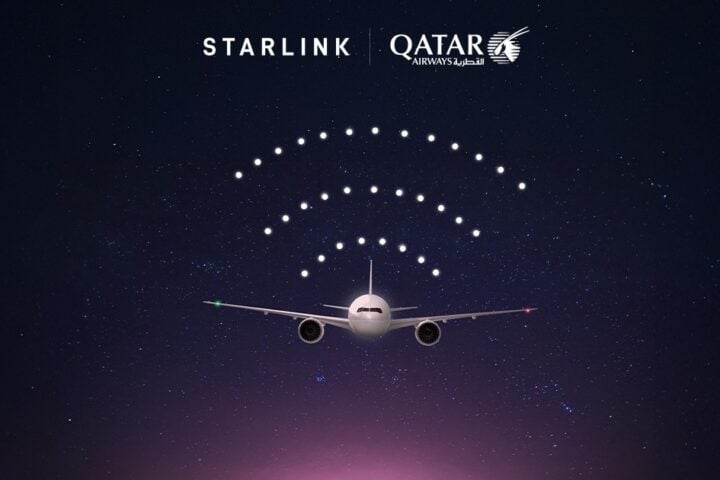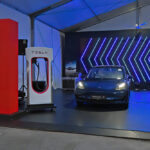In a notable shift within the electric vehicle marketplace, Lucid Motors is reporting that approximately half of its recent orders are coming from former Tesla owners. This customer migration comes as Lucid prepares for wider deliveries of its Gravity SUV by late April 2025, positioning the company to capitalize on changing consumer preferences in the premium EV segment.
Tesla Exodus Fuels Lucid’s Order Book
Lucid’s interim CEO Marc Winterhoff recently disclosed that the company has experienced a “dramatic uptick over the past two months” in orders from previous Tesla drivers. Speaking at a Gravity SUV event in New York City’s Meatpacking District, Winterhoff stated, “50% of all of the orders we have are from former Tesla owners.”
This trend reflects growing dissatisfaction among some Tesla customers. A YouGov and Yahoo News poll found that 67% of Americans would no longer consider purchasing or leasing a Tesla vehicle, with 37% of respondents citing Elon Musk as partly or fully the reason for their decision. Another 20% identified Musk as the sole reason they would avoid Tesla products.
Gravity SUV: Specifications and Market Position
The Lucid Gravity represents the company’s strategic entry into the SUV segment, addressing what Winterhoff described as “the quintessential American car” market. The vehicle offers impressive performance metrics:
- 450-mile EPA-estimated range
- 828 horsepower
- 0-60 mph acceleration in 3.4 seconds
- Up to 120 cubic feet of interior space
Initially available in the Grand Touring trim starting at $94,900, Lucid plans to introduce a more affordable Touring model later in 2025, priced at $79,900. This pricing strategy positions the entry-level Gravity just below the $80,000 federal EV tax credit threshold, though leasing options can bypass this cap.
Notably, the Gravity is among the first non-Tesla EVs equipped with a native North American Charging Standard (NACS) port, enabling access to Tesla’s extensive Supercharger network—a significant competitive advantage.
Similar Posts:
Production Strategy and Tariff Advantage
Lucid manufactures its vehicles at its Casa Grande facility in Arizona, providing immunity from President Trump’s 25% tariffs on imported vehicles. This domestic production extends beyond final assembly, with Winterhoff noting, “We are very highly vertically integrated. We’re building our battery modules, building our battery packs also in Arizona.”
The company aims to produce approximately 20,000 vehicles (combining both Air and Gravity models) by the end of 2025, doubling its 2024 output of around 9,000 units. Despite this ambitious target, Winterhoff expects demand for the Gravity to exceed supply initially.
Delivery Timeline and Distribution
Following initial deliveries to employees, friends, and family in December 2024, Lucid is now preparing for broader customer deliveries:
“We have nearly completed building vehicles for studios and test drives and expect them to begin arriving at our locations across the U.S. beginning in April,” Winterhoff stated on LinkedIn. “For early customers eagerly awaiting their Lucid Gravity delivery, we plan to begin delivering additional vehicles at the end of April.”
The company is also expanding internationally, with Saudi Arabian orders for the Gravity opening in March 2025 (starting at approximately SAR 416,645 or $111,060) and European deliveries planned for early 2026.
Market Competition and Challenges
The Gravity enters a competitive landscape that includes Tesla’s Model X, Cadillac’s electric SUVs (including the Vistiq and Escalade IQ), and luxury offerings from German manufacturers like BMW, Audi, and Mercedes-Benz—many of which now offer hybrid options.
While Lucid’s Air sedan has struggled to achieve expected sales volumes despite its industry-leading 512-mile range, the company hopes the Gravity’s broader appeal will drive significant growth. The shift from sedan to SUV production reflects market realities; as Winterhoff observed, “Americans want to have an SUV… It’s a much larger addressable market for us, and therefore much larger demand.”
Company Leadership and Strategic Direction
Lucid’s current trajectory follows a significant leadership transition in late 2024, when Marc Winterhoff, previously the company’s COO, assumed the interim CEO role after Peter Rawlinson stepped down to become a Strategic Technical Advisor.
This change occurred during a crucial period for Lucid, which began as Atieva in 2007 before rebranding in 2016 and launching its first production vehicle, the Air sedan, in 2021. The company reported revenues of $808 million for 2024, positioning the Gravity SUV as a critical component of its growth strategy.
Industry Implications
Lucid’s increasing appeal to former Tesla owners highlights shifting dynamics within the EV market. Tesla’s delivery challenges, including what analysts project could be its worst quarterly performance in two years, coincide with broader questions about brand perception and product refreshes.

For Lucid, successfully capitalizing on this opportunity depends on executing flawless Gravity deliveries while scaling production capacity. The company’s combination of domestic manufacturing, vertical integration, and focus on premium performance positions it to benefit from current market trends, though significant challenges remain in the increasingly competitive electric vehicle landscape.
Frequently Asked Questions
Tesla owners are switching to Lucid Motors due to several factors, including growing dissatisfaction with Tesla and its CEO Elon Musk (cited by 37% of respondents in a recent poll), combined with Lucid’s competitive offerings in terms of range, performance, and luxury features. The Gravity SUV’s impressive 450-mile range and access to Tesla’s Supercharger network are also significant draws for former Tesla customers.
The Lucid Gravity SUV offers impressive specifications including a 450-mile EPA-estimated range, 828 horsepower, 0-60 mph acceleration in just 3.4 seconds, and up to 120 cubic feet of interior space. It’s among the first non-Tesla EVs with a native North American Charging Standard (NACS) port, allowing access to Tesla’s Supercharger network. The Gravity starts at $94,900 for the Grand Touring trim, with a more affordable $79,900 Touring model planned for later in 2025.
After initial limited deliveries to employees, friends, and family in December 2024, Lucid plans to begin broader customer deliveries of the Gravity SUV by the end of April 2025 in the United States. International expansion includes Saudi Arabian orders opening in March 2025 and European deliveries planned for early 2026. Test drive vehicles are expected to arrive at Lucid locations across the U.S. beginning in April 2025.
Lucid’s domestic manufacturing at its Casa Grande facility in Arizona provides significant advantages, including immunity from President Trump’s 25% tariffs on imported vehicles. The company has also implemented vertical integration at this facility, producing battery modules and packs on-site. This approach gives Lucid greater control over its supply chain and potentially offers cost advantages while supporting its goal of producing approximately 20,000 vehicles by the end of 2025.
Lucid Motors is currently led by Marc Winterhoff, who serves as the interim CEO after taking over in late 2024 when Peter Rawlinson stepped down to become a Strategic Technical Advisor. Winterhoff previously served as the company’s COO. This leadership transition occurred during a critical period for Lucid as it expands from sedans to the SUV market with the Gravity model to capture broader consumer appeal.
The Lucid Gravity enters a competitive landscape that includes Tesla’s Model X, Cadillac’s electric SUVs (Vistiq and Escalade IQ), and luxury offerings from German manufacturers like BMW, Audi, and Mercedes-Benz. The Gravity stands out with its 450-mile range, powerful 828 horsepower engine, and spacious interior. Its native NACS port for Tesla Supercharger access gives it an advantage over many competitors, while its domestic production shields it from import tariffs that affect some foreign manufacturers.


